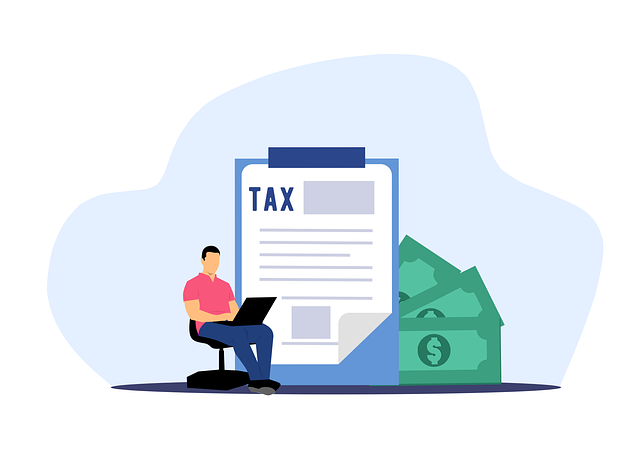When buying and selling assets for a profit, you should be conscious of how long you hold those assets. You’ll incur capital gains on all profitable asset transactions. Not to be confused with capital losses, capital gains involve the sale of an asset for a profit. There are short-term capital gains and long-term capital gains, however. While they both involve a profitable asset transaction, they have different tax ramifications.
Short-Term vs Long-Term Capital Gains: What’s the Difference?
 What Are Short-Term Capital Gains?
What Are Short-Term Capital Gains?
Short-term capital gains are profits from the sale of an asset that you’ve held for less than one year. Assets may include real property, stocks, intellectual property (IP), equipment, vehicles and more. If you buy an asset and sell it for a profit after holding the asset for less than one year, you’ll incur short-term capital gains.
What Are Long-Term Capital Gains
Long-term capital gains are profits from the sale of an asset that you’ve held for one year or longer. They still involve the sale of an asset for a profit. Capital gains occur when you sell an asset for a higher price than that of the asset’s original purchase price. Capital losses, on the other hand, occur when you sell an asset for a lower price than that of the asset’s original price. The term “long-term capital gains” simply refers to capital gains involving assets held for at least one year.
Differences Between Short-Term and Long-Term Capital Gains
 Capital gains are profits from the sale of an asset. They can be classified as short-term or long-term capital gains depending on how long you held the asset before selling it. If you hold an asset for less than a year before selling it for a profit, you’ll incur short-term capital gains. If you hold an asset for one year or longer before selling it, you’ll incur long-term capital gains.
Capital gains are profits from the sale of an asset. They can be classified as short-term or long-term capital gains depending on how long you held the asset before selling it. If you hold an asset for less than a year before selling it for a profit, you’ll incur short-term capital gains. If you hold an asset for one year or longer before selling it, you’ll incur long-term capital gains.
The U.S. Internal Revenue Service (IRS) has different tax requirements for short-term and long-term capital gains. Short-term capital gains are taxed like ordinary income. If you incur $100,000 in capital gains, it will essentially increase your taxable income by $100,000.
Long-term capital gains use a different taxation method. They are taxed at either 0%, 15% or 20%. The specific tax rate for long-term capital gains will vary depending on the person’s tax bracket and filing status. With that said, the tax rate for long-term capital gains is typically lower than the tax rate for short-term capital gains.
This article was brought to you by Intrepid Private Capital Group, a Global Financial Services Company. For more information on startup and business funding, or to complete a funding application, please visit our website.









+ There are no comments
Add yours